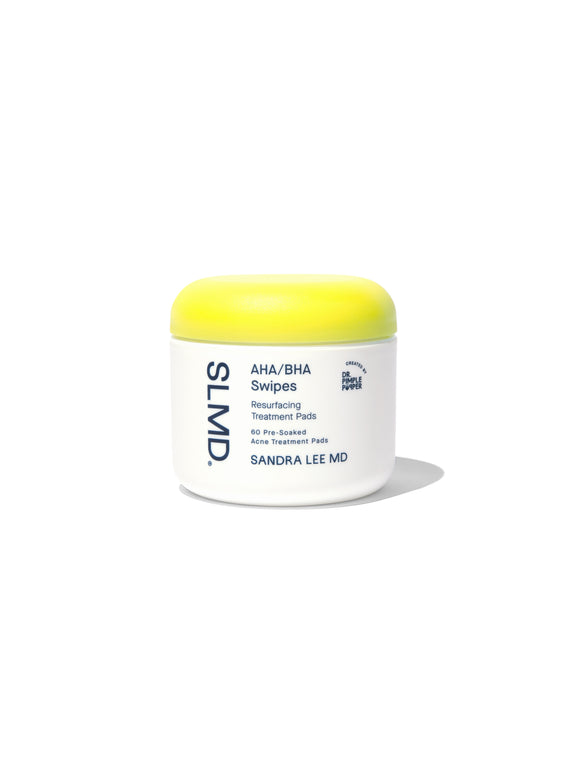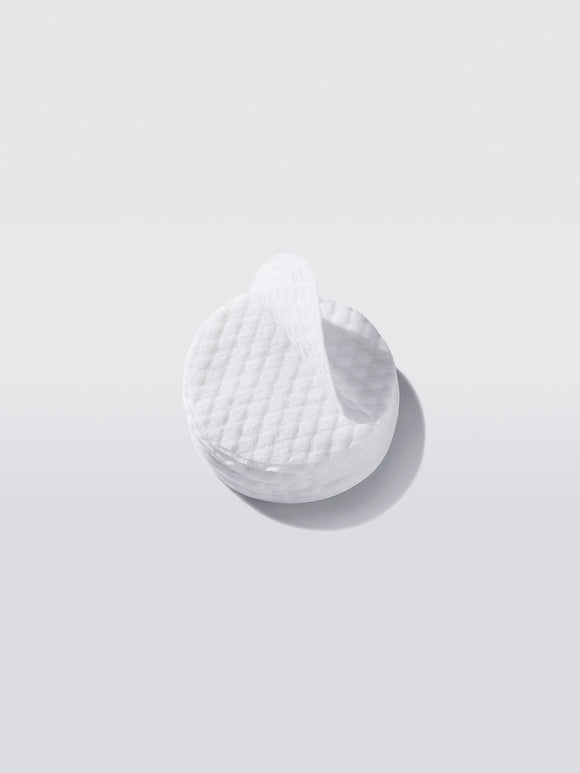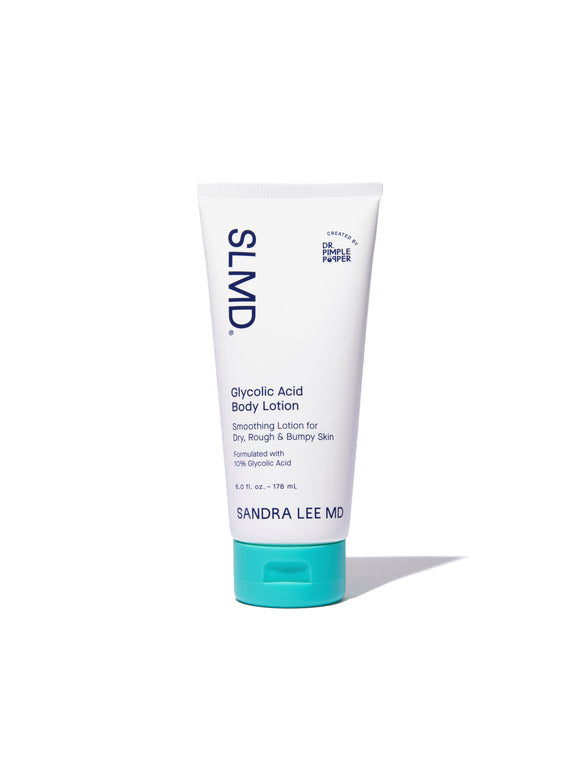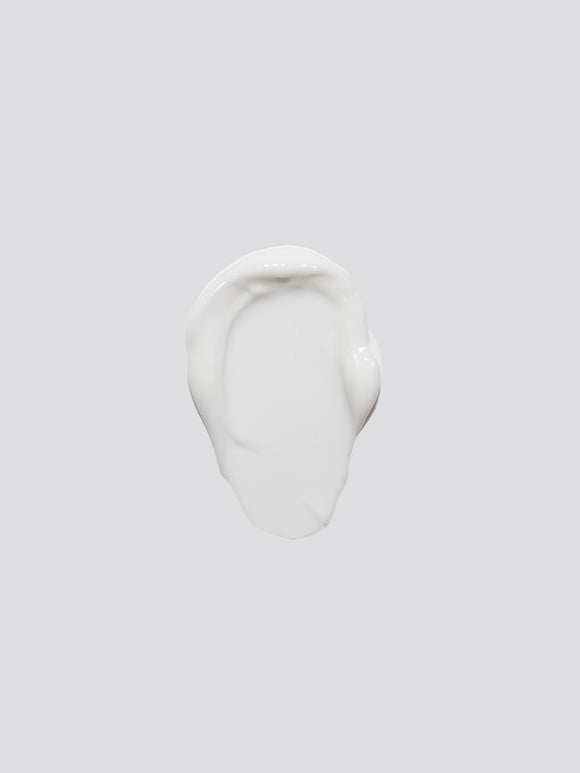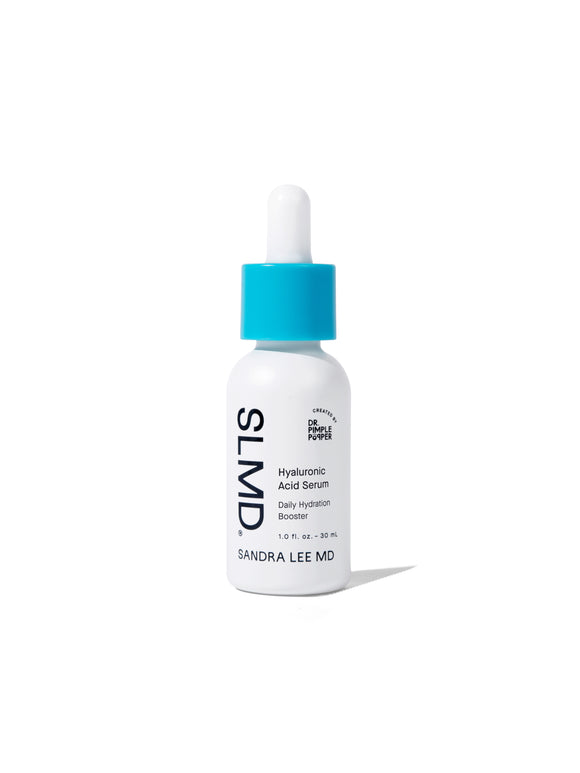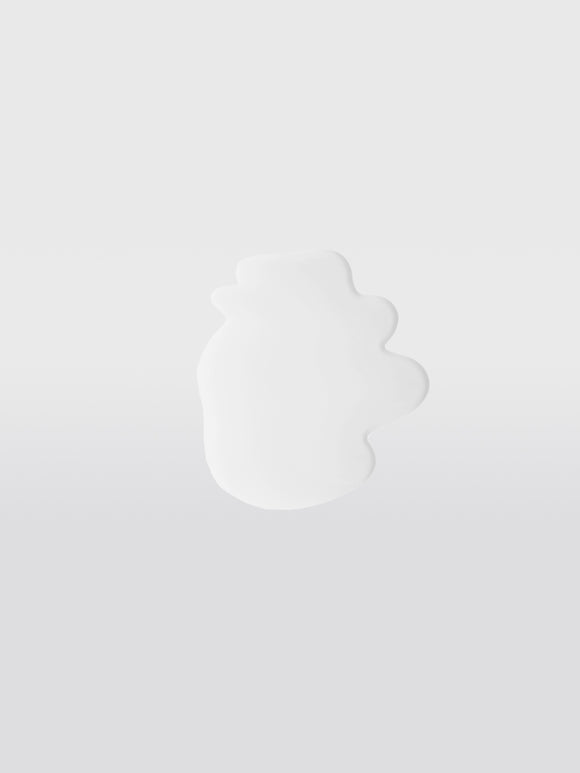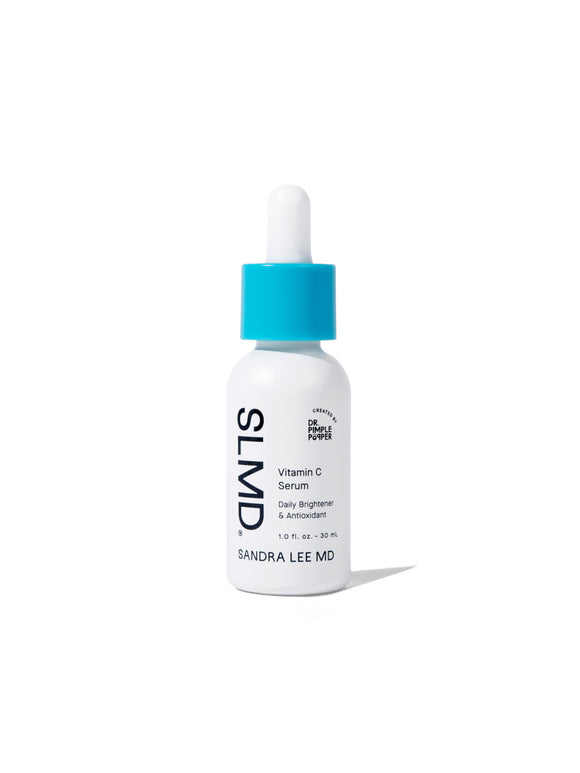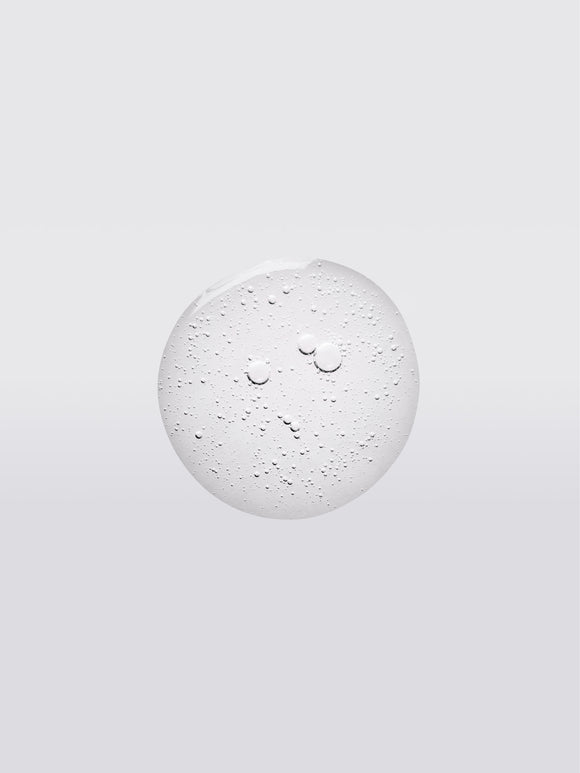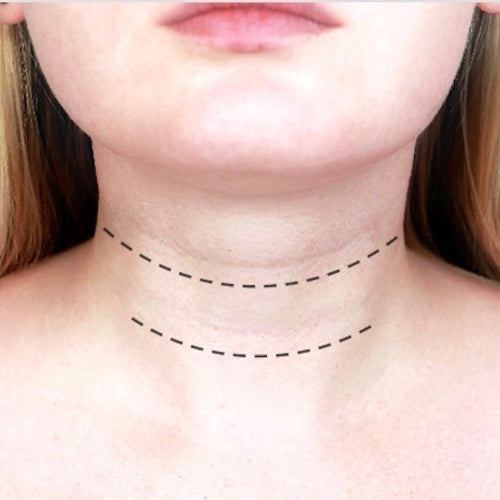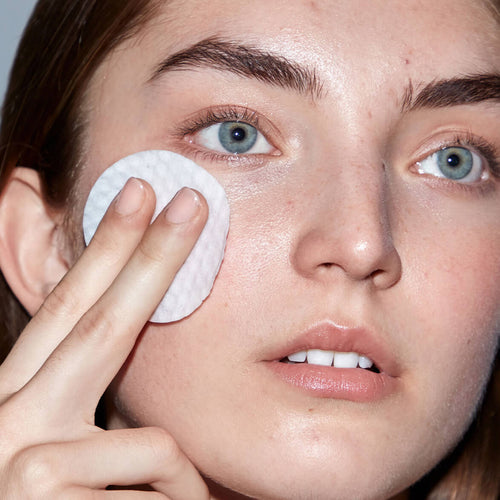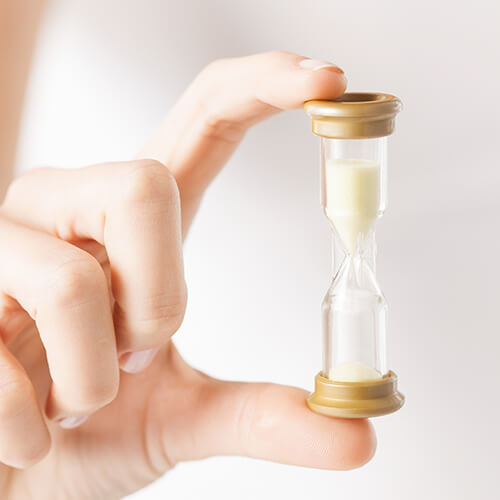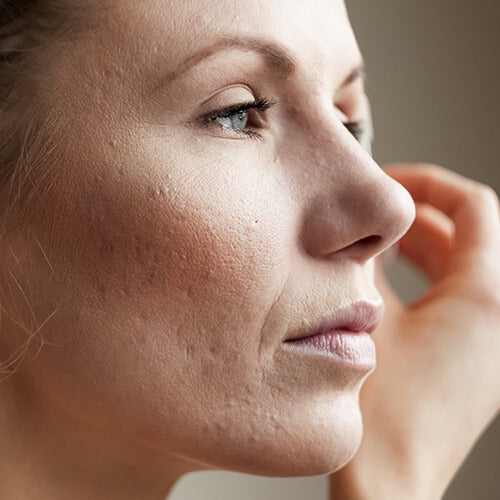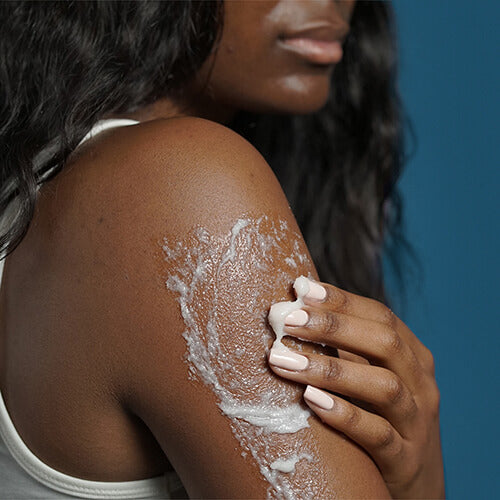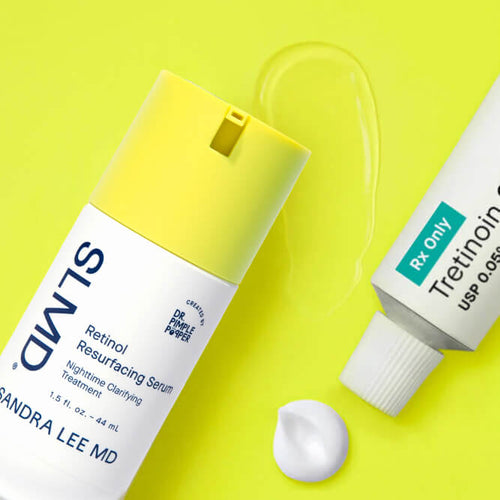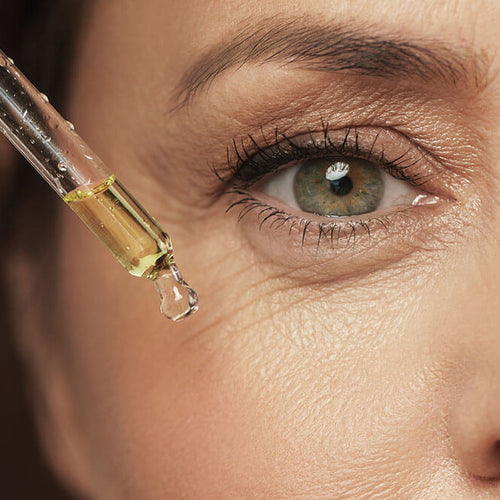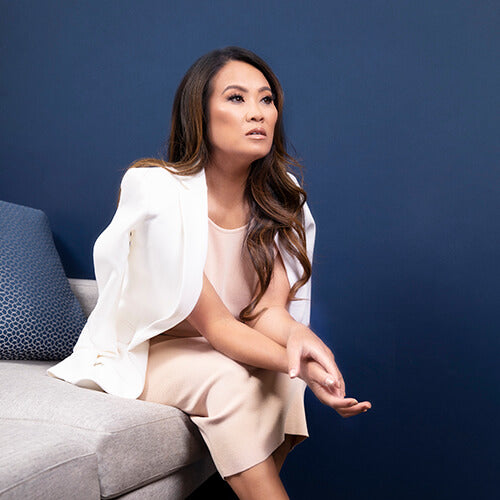
Dr. Pimple Popper's Perspective: Anti-Aging Skincare
Anti-aging has become a conundrum: even as science is suggesting there may be ways to turn back the clock, the idea itself has become increasingly controversial. To get a better understanding of what’s really going on, we asked Dr. Sandra Lee (aka Dr. Pimple Popper) to share her perspective on anti-aging skincare.
Published:
3 minute read
Anti-aging has become a skincare conundrum: even as the science is suggesting that there may in fact be ways to turn back the clock, the idea itself has become increasingly controversial.
To get a better understanding of what’s really going on in the world of anti-aging, we talked to an expert. Here, Dr. Sandra Lee (aka Dr. Pimple Popper) shares her perspective on anti-aging skincare.
Article Quick Links
Do anti-aging skincare products work?
DPP: This is a complicated question, and the answer is yes and no. It really depends on the ingredients and the formulations, and what type of aging we’re talking about. As we get older, our skin naturally ages, and will sag and wrinkle due to gravity and motion. There’s not much that skincare products can do to prevent that.
But there are also environmental and lifestyle factors that we can control, for the most part. Simple things like cleansing and moisturizing will keep your skin healthy, along with getting enough sleep, hydrating, and even exercising.
But by far the best thing you can do to prevent premature aging is to use sunscreen. A broad-spectrum product that protects skin from both UVA and UVB rays, like my SLMD Dual Defender SPF 30, will help avoid what we call photoaging. That’s the damage done by a lifetime of sun exposure, and it’s responsible for the vast majority of what we see as aging.
What skincare ingredients do you recommend for anti-aging?
DPP: As a dermatologist, I can tell you that retinoids are clinically proven to slow down the signs of aging. They stimulate your skin cells to renew faster, and they also encourage collagen production — both of these slow as we get older.
Alpha and beta hydroxy acids — chemical exfoliants — also produce visible improvement. Since they slough off the outer layers of the skin, we use them to minimize hyperpigmentation and fine lines.
Another important category is antioxidants: these are the ingredients like vitamin C that neutralize free radicals. This is important because over time, our skin loses its ability to counteract the damage done by oxidizing reactions that damage skin function and quality.
Why has anti-aging become controversial?
DPP: There’s a lot to unpack here. We can start back several decades ago, when research looking at retinoids and AHAs started to show that topical agents can affect the way aging skin behaves. Of course marketers were quick to jump on the bandwagon and pretty soon the term anti-aging was showing up everywhere.
So a lot of claims were being made, some of them exaggerated or false — but also a bit of a backlash was brewing. It centers on the notion that the term “anti-aging” implies that aging itself is something that needs to be remedied.
Speaking from a dermatologist’s perspective, the idea that we can maintain and even improve the function and appearance of aging skin is a very positive thing. In terms of skin health, preventing and even reversing photodamage is an incredible advantage.
How has anti-aging skincare evolved?
DPP: I think the questions being raised about anti-aging in general are valuable for society to tackle. But again, as a dermatologist, I’m excited about the discoveries and advances in the field, because keeping skin youthful is as much about skin health as it is about appearance.
With my patients, I take a practical and conservative approach. It’s important to be realistic, and of course to keep skin health at the forefront. Which means starting as early as you can, with sunscreen and retinol in your 20s, if possible, and using effective well-aging products. Because it’s easier to hold off the signs of aging — like fine lines, for example — than to try to reverse something like deep wrinkles. It's less about anti-aging, and more about aging well.
Dr. Lee’s well-aging product picks
- Sunscreen/Moisturizer: Dual Defender SPF 30
- Retinol: Retinol Resurfacing Serum
- AHA: AHA/BHA Swipes with glycolic, lactic and salicylic acids, Glycolic Acid Body Scrub and Lotion
- BHA: Salicylic Acid Cleanser
- Antioxidant: Vitamin C Serum, Facial Moisturizer with vitamin C, Dark Spot Fix with kojic acid, All Bright toner with niacinamide



